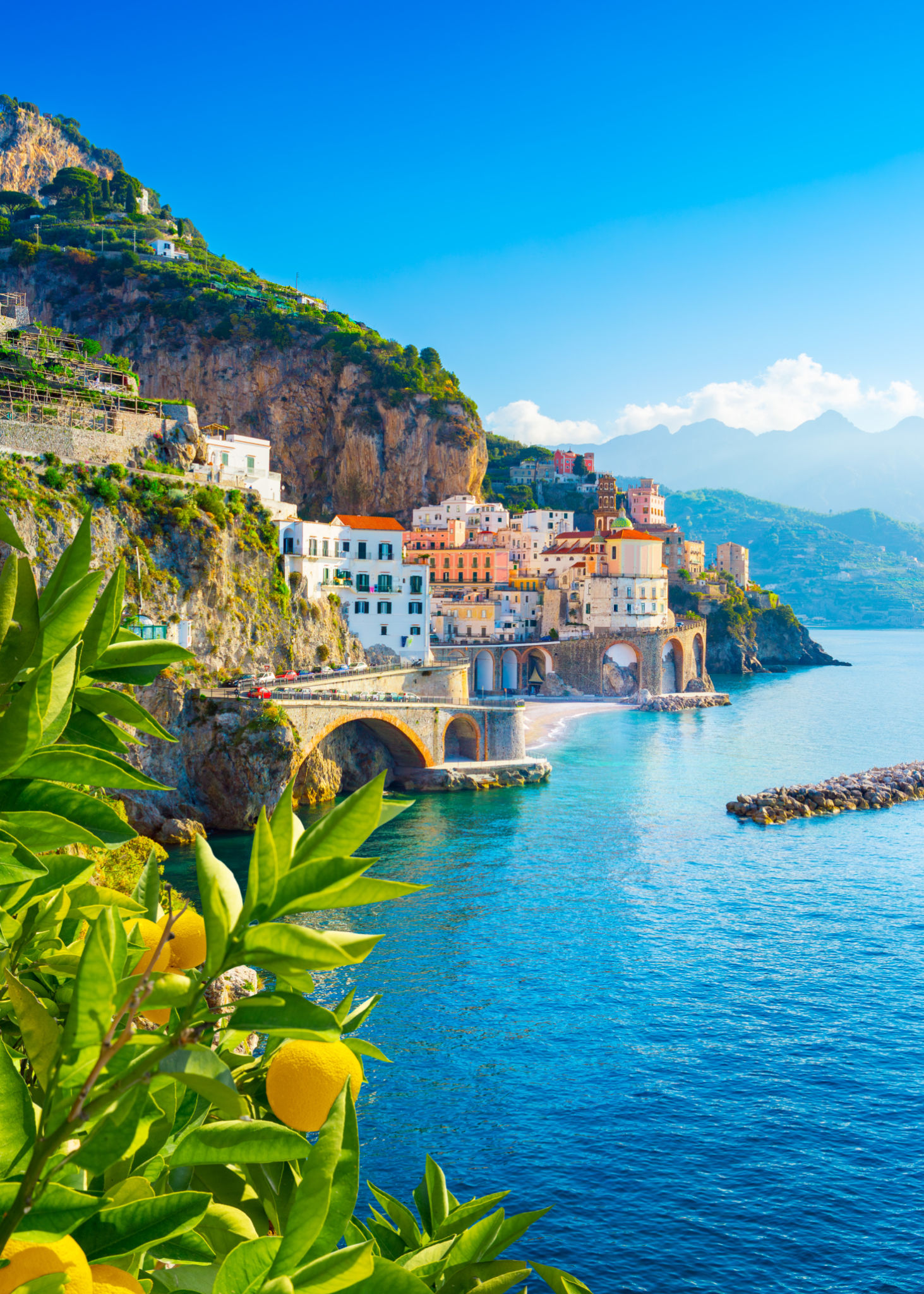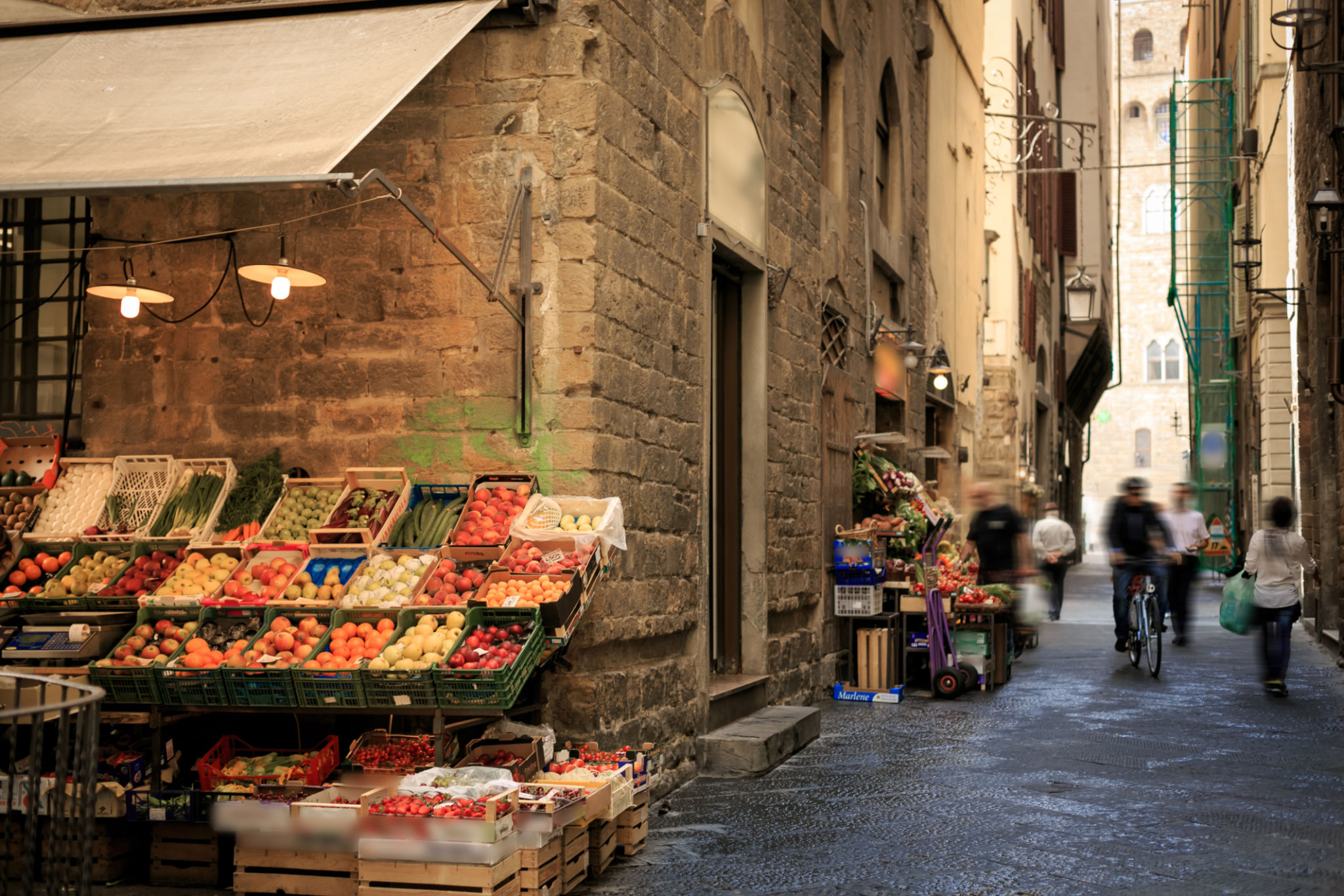From Farm to Table: The Philosophy Behind Tuscan Culinary Classes
The Essence of Tuscan Culinary Classes
In the heart of Italy, where rolling hills and picturesque landscapes converge, lies the rich culinary tradition of Tuscany. Known for its rustic yet refined flavors, Tuscan cuisine emphasizes the use of fresh, local ingredients. The philosophy of "from farm to table" is not just a trend here; it's a way of life. Tuscan culinary classes offer a unique opportunity to explore this philosophy, connecting participants with the land and its bounty.

Embracing Seasonal Ingredients
One of the cornerstones of Tuscan cooking is the seasonal selection of ingredients. By using what is fresh and available, the cuisine captures the essence of each season. Culinary classes in Tuscany teach participants how to select and utilize these ingredients to create dishes that are both simple and flavorful.
Spring brings an abundance of greens and artichokes, while summer offers tomatoes, zucchini, and fragrant herbs. Autumn is celebrated with mushrooms, chestnuts, and truffles, and winter provides hearty beans and meats. Understanding and embracing these seasonal changes is essential to mastering Tuscan cuisine.
Connecting with Local Producers
The farm-to-table philosophy thrives on the relationship between chefs and local producers. Tuscan culinary classes often include visits to nearby farms and markets, where participants can meet farmers and artisans who share their passion for quality ingredients. These interactions not only enhance the cooking experience but also provide insights into sustainable farming practices.

Hands-On Learning Experiences
Tuscan culinary classes are designed to be immersive, offering hands-on experiences that go beyond traditional cooking lessons. Participants learn by doing, engaging in activities such as kneading dough for pasta, preparing sauces from scratch, and grilling meats over open flames. This practical approach ensures that students gain a deep understanding of Tuscan techniques and traditions.
Moreover, these classes often take place in stunning settings, such as historic villas or countryside kitchens, adding to the overall charm and authenticity of the experience.
The Art of Simplicity
At the heart of Tuscan cuisine is the art of simplicity. Dishes are often made with just a few ingredients, allowing each component to shine. This simplicity is taught in culinary classes, where participants learn to appreciate the natural flavors and quality of the ingredients they use.
Olive oil, bread, wine, and cheese are staples in the Tuscan kitchen, each playing a vital role in creating delicious meals. By focusing on these basics, students discover how to elevate their cooking without unnecessary complexity.

Cultural Immersion and Community
Participating in a Tuscan culinary class is not just about learning to cook; it's about immersing oneself in the local culture. The communal aspect of these classes encourages participants to bond over shared meals and experiences, fostering a sense of community and belonging.
This cultural immersion extends beyond the kitchen, as students often explore nearby towns and historical sites, gaining a deeper appreciation for Tuscany's rich heritage.
Creating Long-Lasting Memories
The memories made during a Tuscan culinary class often last a lifetime. From the aromas of fresh herbs to the taste of homemade pasta, these experiences leave a lasting impression on participants. Many find that they return home with not only new cooking skills but also a renewed appreciation for fresh, local ingredients.
Ultimately, the philosophy of "from farm to table" becomes more than just a concept—it becomes a cherished part of their culinary journey.
